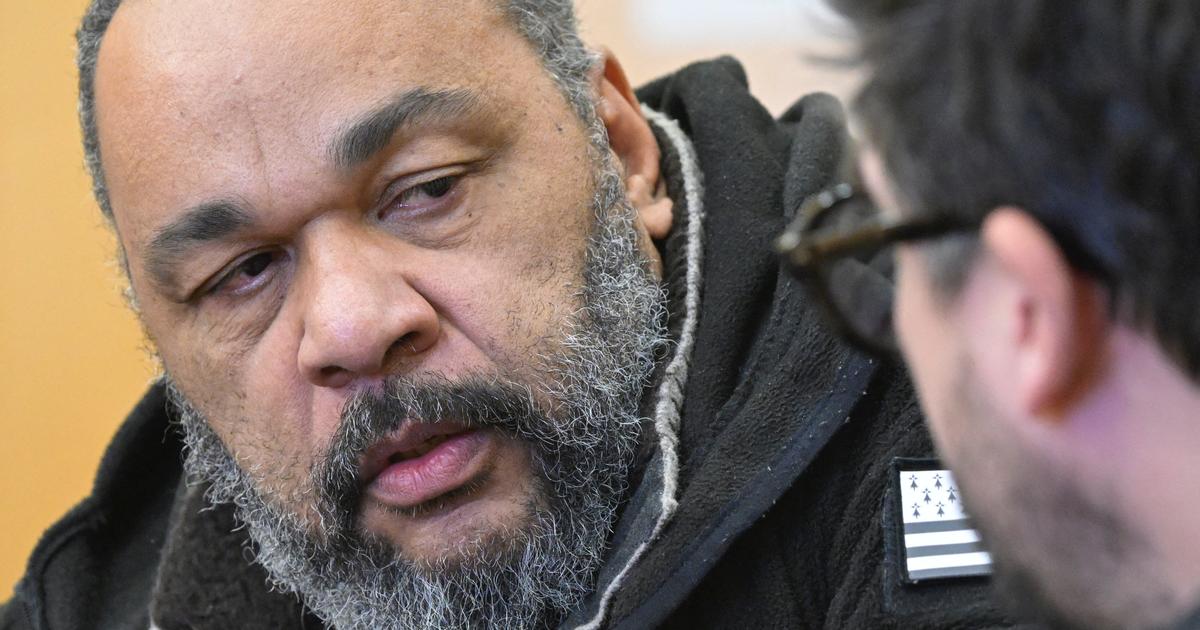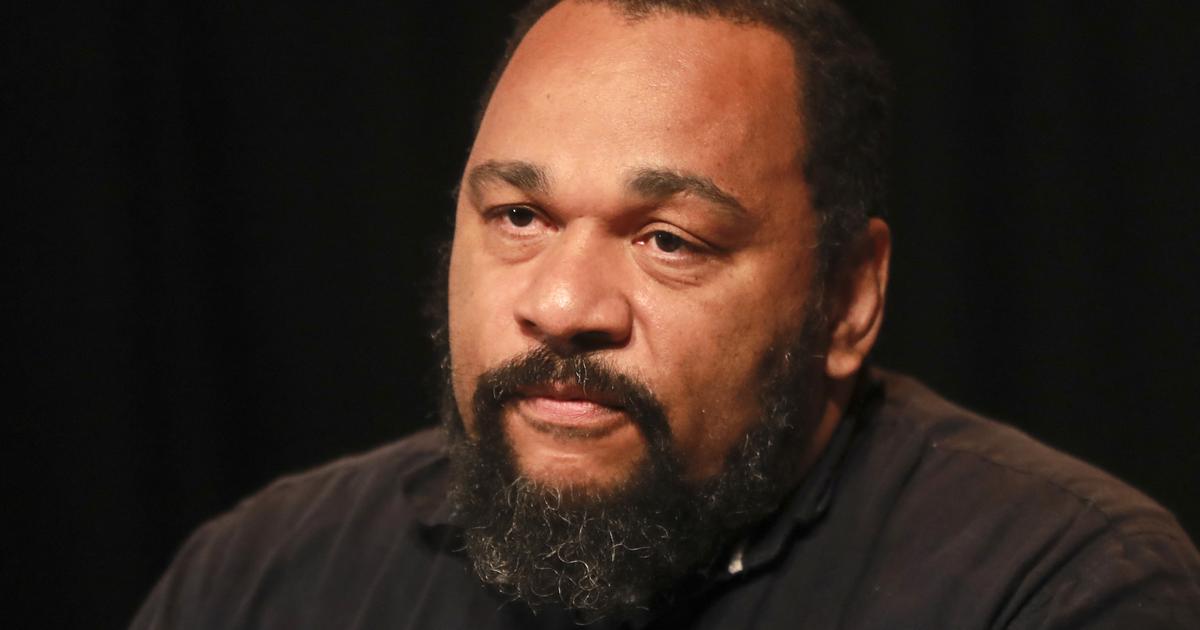MORE INFORMATION
- A state committee notes that Canada is complicit in the genocide of indigenous people
- Trudeau apologizes to indigenous people for child abuse for three decades
The Canadian artistic sphere is experiencing a new controversy over the relationships between different racial communities. In the summer of 2018, Slav and Kanata , works by Québec playwright Robert Lepage, were suspended after heavy pressure. The first was based on songs of American slaves, but hardly had black artists; the second dealt with the differences between whites and indigenous groups, although there were no actors belonging to the indigenous peoples in the cast. This month it was the turn of Bug [bug, in English], a show written and performed by Yolanda Bonnell at the Passe Muraille Theater in Toronto. However, the debate has to do this time with criticism. Bonell expressly asked the white writers of the "dominant colonialist criticism" not to rule on the staging and complaints were swift.
Yolanda Bonnell defines herself as a Queer artist of Anishinaabe descent (one of the indigenous groups of Canada) and of Southeast Asia. In Bug gives life to three characters to address intergenerational trauma and addictions suffered by members of indigenous peoples within Canadian colonialism. The media received an invitation to attend the show, but with precision from Bonnell and Manidoons Collective, their production company: white critics were welcome, but only as "witnesses of the effects of colonialism," requesting that they not write about the work, unlike indigenous critics, blacks or other visible minorities.
The document addressed to the media indicated that the show - cited as "an artistic ceremony" - did not align with "current colonialist cultural review practices." Later, he stated the following: "There is a specific lens with which white colonists see cultural work and, at this time, we are simply not interested in reinforcing that vision, rather in the thoughts and views of other marginalized voices. and, in particular, of indigenous women. "
Bonnell decided to publish an article in the Canadian edition of Vice to explain this decision in more detail. He pointed out that there are different styles of theater or narration, and that elements such as movement, language and music were at risk of being discarded or misunderstood by white critics. "I think there is a responsibility to recognize that they may not understand certain cultural aspects of how the narrator chooses to tell this story," he said, stressing that his work falls within a cultural and historical context that does not fit colonialist criticism. "Whites do not understand what it is to walk the world as a person of color," he added. In turn, the artist deplored that there are very few individuals belonging to minorities visible in the media. "It is not the review that worries us, but the voice behind it," he said.
Opinions, against and in favor of the decision, have not been scarce. Several users of social networks have spoken with unfortunate phrases. In fact, Bonnell said in his article that he has received a wave of insults and threats where he has been branded, among other things, as racist and intolerant, and accusing her of wanting to increase box office sales. However, more moderate voices have lamented that their approach to criticism can affect interest and dialogue within the cultural sphere.
The author has also received samples of support. Kevin Loring, artistic director of the Indigenous Theater at the Ottawa National Center for the Arts, said Bonnell made a legitimate request to try to bring about changes and add new voices. He also agreed with the artist that critics who do not belong to these groups often ignore the context of the works. For his part, Kelly Nestruck, responsible for the theatrical criticism in The Globe and Mail , gave his opinion on the show, although it complies with the profile that Bonnell asked to keep out. Nestruck said he was interested in how the author "is reformulating, or as she says, decolonizing, what I call theater." He also wrote in the influential Toronto newspaper: "I always think that artists must challenge institutions and norms, and that opinion of mine is no different, even when I am the norm called into question."
The controversy surrounding Bug takes place in days of extreme complexity in relations between indigenous groups and the Canadian Government. Members of the Wet'suwet'en people (in the province of British Columbia) are opposed to a gas pipeline passing through their territory, since they consider that they were not widely consulted in this project. Other indigenous groups and allies in this cause, especially students and environmentalists, have blocked rail routes in various parts of the country as a protest. The Government of Justin Trudeau has called for dialogue, but has indicated that patience is running out.















